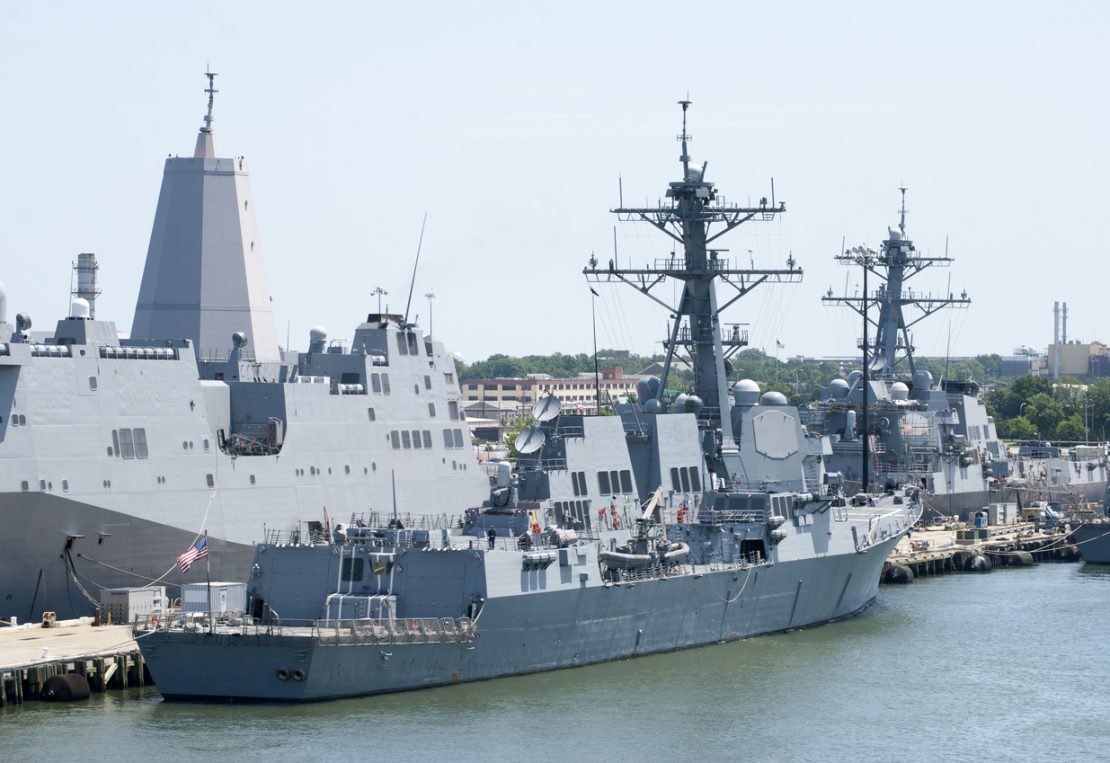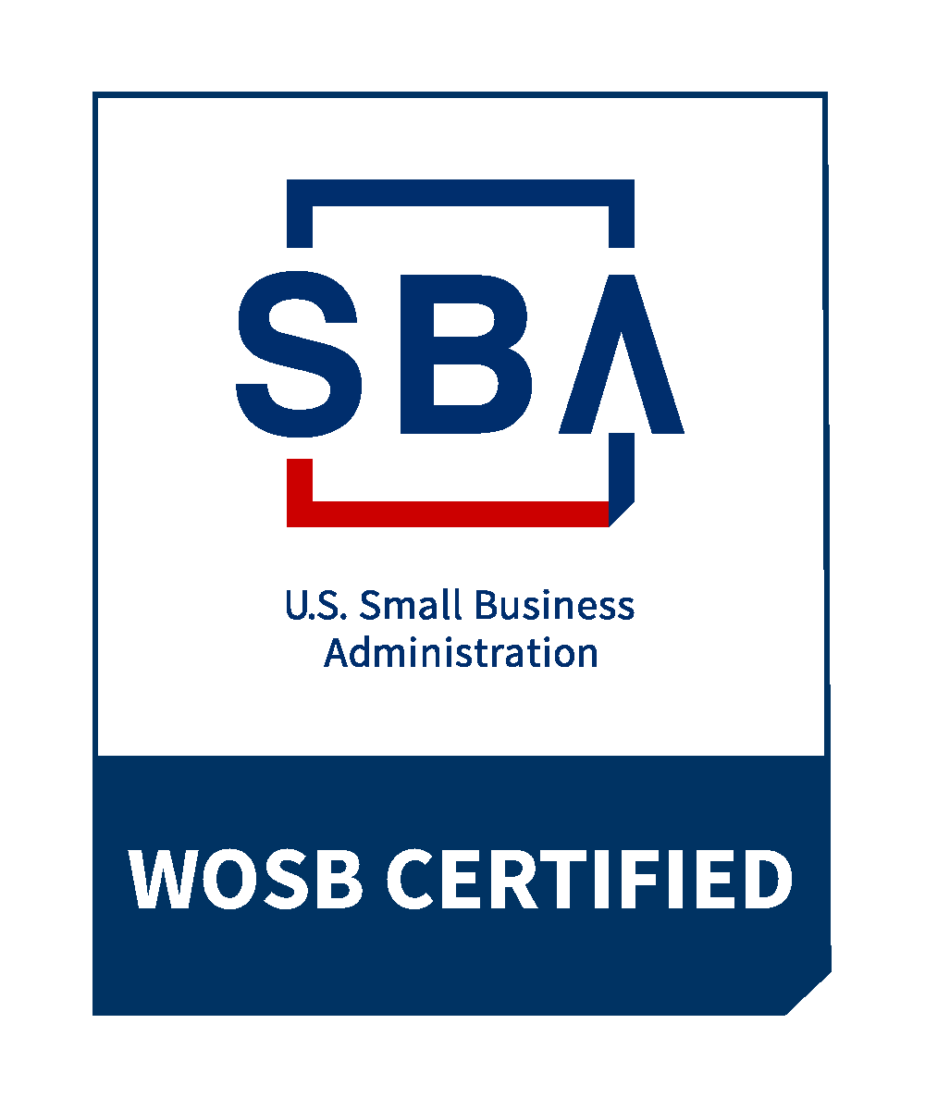Throughout our over 40 year history, ALE has provided valuable insights to our clients that enable them to design and field reliable and easily maintainable products with the lowest possible Total Ownership Cost (TOC). We have developed unique methods and processes necessary to make RMA a valuable program performance metric that is an integral part of every designer’s toolkit.
ALE is expert in utilizing industry standard analysis techniques and interpreting the results in a meaningful manner to positively impact design influence and ensure customer satisfaction. We are able to employ Failure Mode, Effects, and Criticality Analysis (FMECA), Reliability Block Diagrams (RBDs), RMA predictions, Operational Availability (Ao) modeling, and Maintainability Analysis techniques in a meaningful and effective way to develop insights critical to program management and early design efforts. ALE uses the guidance of MIL-STD-756, MIL-HDBK-470A, and TA-STD-0009.
We have also developed an integrated approach that ensures maximum benefit from each RMA analysis. Our understanding of the effect RMA analysis has on other program activities guarantees effective and efficient use of program resources and consistency across program reports.
System Safety
Safety analysis involves designing out potential hazards that could occur with a system. ALE is expert in identifying potential hazards that may occur at any time in a product’s life cycle and recommending safe cost-effective alternatives.
ALE applies the basic procedures and analysis processes of
MIL-STD-882 and SAE ARP4761 to development programs with the objective of identifying and mitigating hazards associated with military and commercial systems.
Using these methodologies, we work with our customers to understand the critical safety issues early in the design effort, identify potential hazards that may occur at any time in a product’s life cycle, and provide recommendations to help the design engineer mitigate inherent safety hazards before the product is released to the consumer.

Human Factors Analysis
The human interface with a system’s hardware or software is typically the most critical aspect of any design. The Human System Interface (HSI) is also typically the least understood aspect of the detailed design process. ALE understands Human Factors Engineering (HFE) analysis and how to effectively apply ASTM F1166 and MIL-STD-1472G guidance on programs. We have the tools and experience to integrate human factors considerations into your product’s design – be it a heat exchanger, fluid valve, fuel system, combat vehicle, or naval vessel.
Front End Analysis
Our Front-End Analysis (FEA) is a broad-based, straightforward analysis designed to systematically assess and improve the interaction of operational, logistical, and technical considerations of your program.
By applying our unique and direct approach, program managers will gain insights into how to effectively utilize precious program resources.
Reliability Centered Maintenance (RCM) Analysis
Maintenance planning is a key element of designing the optimal support arrangement and minimizing Total Ownership Cost (TOC). RCM analysis defines the minimal objective maintenance necessary to retain or restore the inherent reliability of equipment and systems. ALE will use our extensive experience applying the tenants of SAE J1011 and J1012 and Maintenance Steering Group (MSG) 3 to define the applicable and effective scheduled maintenance to ensure system or equipment operation is within performance standards and established readiness criteria.
ALE has staff members who are NAVSEA Certified as both Level II RCM Developers and Backfit RCM Developers, each with many years’ experience applying MIL-STD-3034 (and MIL-P-24534A) methodologies to a variety of equipment.
Tools & Modeling
Regardless of your analysis needs, ALE has the tools to effectively model, estimate, and simulate your requirements. With over 40 years of experience in the Logistics Engineering Industry, you can rely on us to provide the models and custom-developed tools to accurately and effectively project the sustainment requirements for your fielded product.
Our library of industry standard tools includes
- Windchill Quality Solutions (Formerly Relex)
- SLIC / Powerlog
- ICAPS
- AutoCAD / SolidWorks / E-Drawings
- OPUS / COMPASS
- SESAME
- Adobe InDesign / FrameMaker / Illustrator
- HAYSTACK / FLIS
- Arbortext / IsoDraw
- Process Simulate by Siemens
- Navisworks Simulate
- ACEIT
- Multiple In-House Developed Models
- R4I Suite (S1000D)
- Corel Draw
Performance Based Supportability
PBS is proving to be an effective solution to our current requirement to do “more with less”. Developers of modern systems face challenging ownership and availability requirements, and need cost effective techniques for satisfying these requirements. PBS is a systematic process our customers can apply to incorporate supportability into the design of systems and equipment. PBS addresses the entire “system”, including equipment, operator, and all logistic support elements.
Value Analysis
ALE uses value analysis as an organized, systematic, and multi-disciplined team approach to identify the best cost solution to reliably accomplish the function of existing and planned products and processes. We consistently apply value analysis early in the product development cycle, thereby providing the opportunity for greater cost avoidance and maximizing the return on the value analysis investment. By moving value analysis forward in the product development cycle, it becomes a powerful systems engineering tool that addresses not only product design issues but also product support issues.
Life Cycle Cost
ALE has applied proven Life Cycle Cost (LCC) analysis tools and techniques to a variety of customers to successfully reduce Total Ownership Cost (TOC) and increase the availability of products. ALE works with your team to develop comprehensive information and utilizes it to provide quality insights into the system under analysis. While cost avoidances exist at every turn, the greatest potential for reducing costs comes in the early stages of development.
ALE’s LCC approach is not driven solely by cost. Our program includes identification of risk and customer acceptance, and factors them into the decision process. With our holistic approach, we help identify the impact each decision will have on the entire program.
Positively impact design influence and
ensure customer satisfaction
To Get Started:





